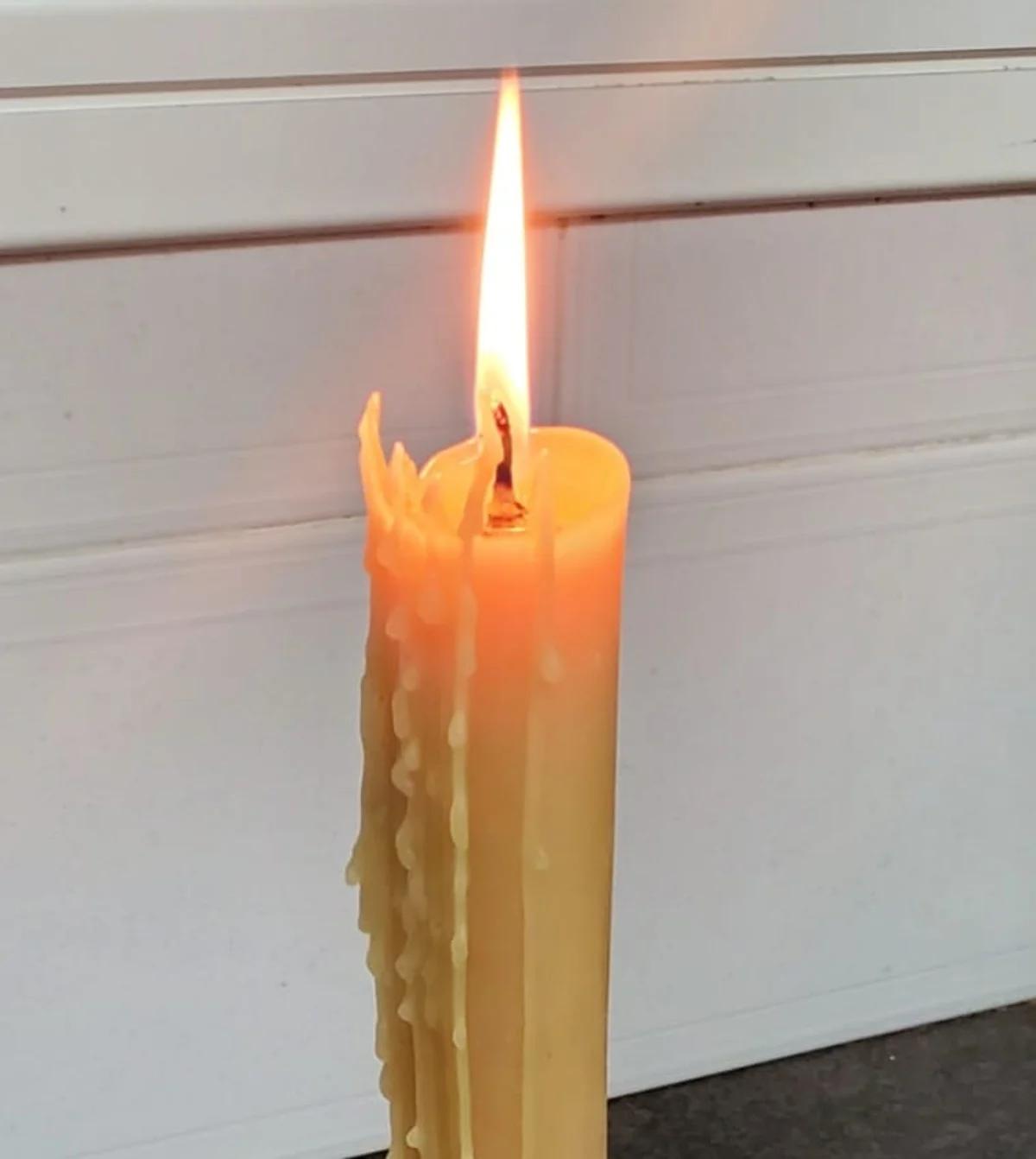Baruch Dayan HaEmet
Rabbi Naftali Katz, Prominent Gur Hasidic Rabbi, Dies at 78
Revered Hasidic Rabbi Naftali Katz, who mentored thousands of students at Israel's prestigious Maor Yisrael Yeshiva and forged unprecedented family ties with the Ger dynasty through dual marriages, died Tuesday morning in Ashdod at age 78.

Rabbi Naftali Katz, a beloved educator and prominent figure in Israel's Hasidic community, passed away suddenly earlier this morning (Tuesday) in Ashdod, Israel. He was 78.
Rabbi Katz served as a senior instructor at the prestigious Maor Yisrael Yeshiva in Bnei Brak and was a respected elder in Ashdod's Ger Hasidic community. His passing was announced after a brief period of illness.
Born on December 31, 1946, to Rabbi Avraham Aryeh Katz, he later married the daughter of Rabbi Anshel Zilber. Throughout his life, Rabbi Katz was known for his deep commitment to both scholarly pursuits and Hasidic traditions, becoming one of the most influential teachers in the Ger movement.
A lifelong educator, Rabbi Katz was known for his dedication to traditional Jewish scholarship and mentored thousands of students throughout his career. His teaching method was particularly noted for its emphasis on preserving ancient traditions while making them accessible to modern students. He was particularly notable for his close connection to the current Grand Rabbi of Ger, one of the largest Hasidic movements worldwide. These ties were strengthened through two family marriages, as Rabbi Katz's son-in-law, prominent businessman Hershel Plutchnik, arranged marriages between his sons and the Grand Rabbi's granddaughters.
Known for his rigorous daily routine, Rabbi Katz led dawn prayer services at the Shaarei Tefilla synagogue on Ba'al HaNes Street, followed by extensive hours of study and teaching. He maintained this schedule until his recent illness.
He is survived by six sons: Eliezer, Avraham Aryeh, Zeev, Yeshayahu, Yehuda, and Levi; and five sons-in-law: Shmuel Yaakov Rosenzweig, Hershel Plutchnik, Dov Kihan, Yechezkel Tausig, and Natan Eliezer Schneider. All his children and grandchildren continue in their father's path of religious scholarship and observance.
The funeral procession will start from his residence at 5 Halfata Street in Ashdod, making stops at the Shaarei Tefilla synagogue and other significant community locations before concluding at the Har HaMenuchot cemetery in Jerusalem.
Kikar HaShabbt contributed to this article.